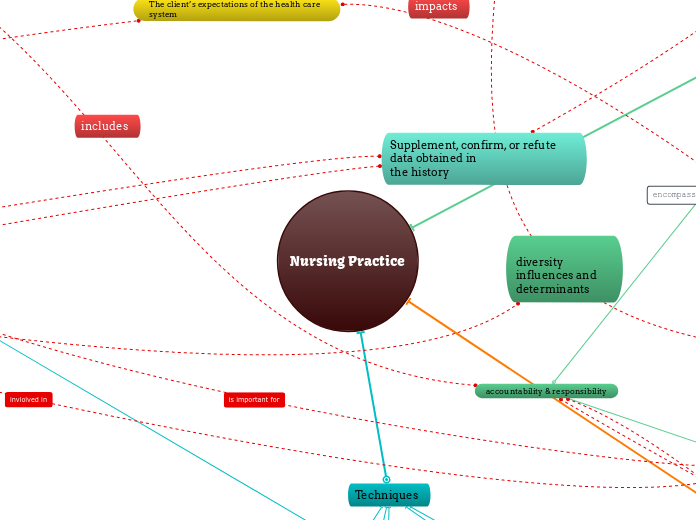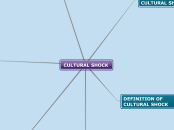is apart of
also involves
begins by
spports
included in
impacts
is a part of
also is
determines
precedes
results in
connects
detected by
can be
can effect
diversity
influences and
determinants
is considered
Supplement, confirm, or refute data obtained in
the history
aids in
in relation to
can determine
resuslts in
in connection to
related to
subsequently
is also
are
shows the
produces
articulates
inspected by
is part of
incorporates
comes from
is
should have
ensure
prevails
displays
determined by
includes
involves
consists of
structured by
can lead to
has
uses a
requires
allows for
must have
maintain
Generates
is
Creates
Involves
Relies on
Represents
accounts for
leads to
generates
implemented by
shaped by
measured by
completed by
encompasses
procedes to tske
builds from
invloves
covers
contains
evaluated by
explains
entails
resulting in
details of
emcompasses
refutes
by
used by a
Includes
includes
inlcludes
Produces
Health Assessment
components
Objective
Urine output
sediment
colour
bloody urine
quantity
O2 saturation
respiratory rates
temperature
blood pressure
Vital Signs
Subjective
experience
Pain levels
physical assessment
changing health status, management
Activities of daily living
dressing
toileting
bathing
Vital signs
Range of motion
Gather baseline data
General Survey
Measurements
Waist to hip ratio
Arm span
BMI
height
weight
Behaviour
personal hygiene
dress
speech
mood
facial expression
Mobility
range of motion
gait
walking
Body structure
symmetry
stature
Physical appearance
facial expressions
skin colour
sexual development
Level of conscieness
age
Confirm and identify nursing diagnoses
Symtoms
not observable to others
perceived or experienced
by the patient
sensation or emotion
How it feels
signs
Obseved by others
What you see
Therapeutic Relationship
influences
on health care and
health care policy
Changes in the health care system such as accessibility, resources, etc
How the health care professional functions
The client’s expectations of the health care system
Awareness
of boundaries
& limits of
professional role
Reflection
recognize boundary violations
keeping secrets with clients
spending extra time with clients
having special clients
client’s best interest
health/illness
Knowledge of best practices
Standard interventions and issues of rehabilitation
symptoms
biological, psychological and/or socio-contextual
the person
Knowledge of person
Self Awareness
Subjective thoughts, feelings, actions
Empathy
Validate that his/her understanding of the client’s experience
attend to the subjective experience
Self knowledge
development
to act purposefully
recognize own experience is shaped by several factors
beliefs
accomplishments
Early childhood experience
education
gender
socio economic conditions
Health
Culture
Nationality
Race
is the
Nursing Practice
Professionalism
ethics
dilemma
conflict
values
should and should not do
professional approach
honest relationships
open relationships
respectful relationships
Techniques
Olfaction
odours
feces
body odour
urine
Alcohol
Percussion
techniques
direct
indirect
sound
percussion notes
density
size
location
fingertips to produce a vibration
Ausculations
sounds
duration
quality
loudness
frequency
stethoscope
normal sounds vs abnormal
concentration and practice
Palpation
ends with deep
palpation
light palpation
distinguish
texture, temperature, and movement
tenderness, distension, masses
Tender areas are palpated last
uses hands
should be warm
fingernails should be short
Inspection
surfaces can be viewed
compare to opposite side
Recognizes normal and abnormal
Vision, hearing, smell
Observation
Documentation
accountability & responsibility
for self & others
Evaluation
influences
evaluates patient response
Implementation
actions taken relevant to problem
Planning
plan of care
Assessment
objective and subjective data
patient history
current
cheif complaint
day of addmission
past
prior hospitalizations
injuries
surgeries
allergies
communication of clinical information









